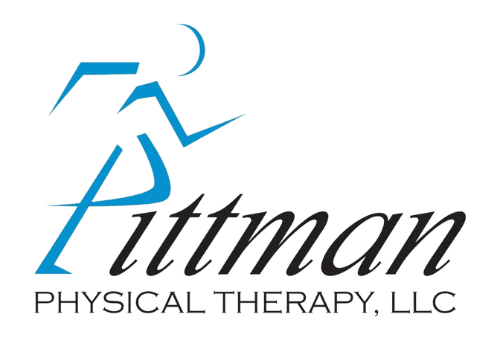Do you have aching shoulders? Do you know that the problem could be a result of rotator cuff damage? That’s right, your shoulder pain that comes along with certain motions or that you notice during sleep could be a result of rotator cuff issues.
What Does The Rotator Cuff Do?
Like most parts of the body, we don’t think about our rotator cuff until there is a problem. However, your rotator cuff issue can have a great effect on your shoulder pain. In fact, you use your rotator cuff many times a day to do even basic activities, such as throwing a baseball, lifting objects over your head or even brushing your hair and teeth. The rotator cuff’s role is made up of muscles that surround your shoulder joint, which guide your shoulder as it moves. Therefore, when your rotator cuff becomes damaged, this can result in poor range of motion in the shoulder and inflammation and pain.
How Does a Rotator Cuff Become Weakened or Injured?
Usually, an injured rotator cuff is a result of you moving your shoulder in a forceful or repetitive movement. The injury itself is pretty common, especially when you get older. However, an injured rotator cuff can occur in anyone, no matter his or her age. It is more commonly seen in older individuals, though. In fact, studies show that 30% of individuals under the age of 70 and 70% of those over the age of 80 have experienced a rotator cuff tear.
How to Relieve Shoulder Pain For Good:
Thankfully, there is hope for you and your shoulder pain. This recovery comes with strengthening the shoulder and practicing proper motion. You can successfully strengthen your shoulder joint by utilizing anti-inflammatory treatments, such as ice applications, cortisone injections and medications, along with physical therapy. Your goal isn’t treating the rotator cuff itself, but instead, healing the muscles and tendons, which is accomplished by the methods just mentioned.
Specifics On How You Can Improve Your Shoulder Pain: What Can You Do?
The following are some easy-to-follow tips to improve your shoulder pain:
- Ice and rest your shoulder frequently. Ideally, you will want to ice for around 10 minutes, directly on the joint. Don’t worry if this causes the middle of your arm to ache. This is common.
- Hug a pillow while you sleep, tucking the pillow deep in your underarm. This works by keeping your shoulder joint properly spaced.
- Stand against a wall and squeeze your shoulder blades back and together. Be sure you don’t shrug your shoulders. This exercise will help retrain your shoulder to maintain proper posture.
- Avoid heavy lifting. Heavy lifting can include repetitive reaching over your head, even if the object you are placing overhead is light. Also, avoid carrying groceries on your injured shoulder.
What Happens if These Tactics Don’t Make The Pain go Away?
If your pain doesn’t go away in 3-4 days of making these changes, you should seek help from a physical therapist. The purpose of physical therapy is to improve the function of the muscles surrounding your shoulder. This helps the mobility of the joint. Physical therapy specifically targets the small, but significant muscles in the shoulder that are often neglected. When you strengthen these muscles through physical therapy, you can better compensate for the damaged tendons.
About Our Physical Therapy:
Our physical therapists perform their therapy in a soothing, gentle manner. We will educate you on the proper way to perform various exercises and techniques. The work of our wonderful therapists will greatly accelerate the relief of your shoulder pain by restoring proper shoulder motion sooner. Thankfully, many patients with rotator cuff tears will not require surgical treatment. In most cases, physical therapy will be enough to remedy your shoulder issue. Contact Pittman Physical Therapy today to learn more about our programs and how they can help relieve your pain.



